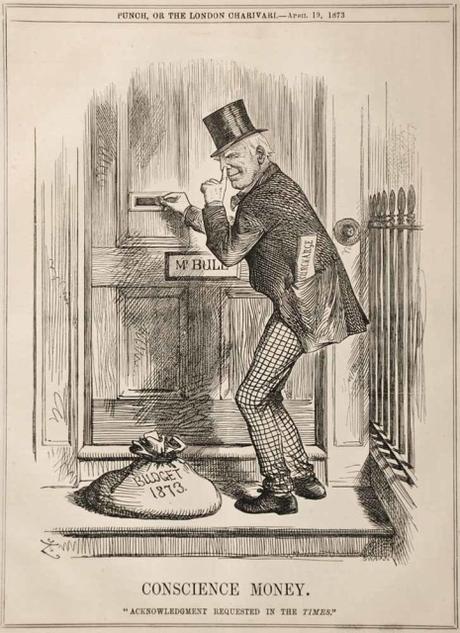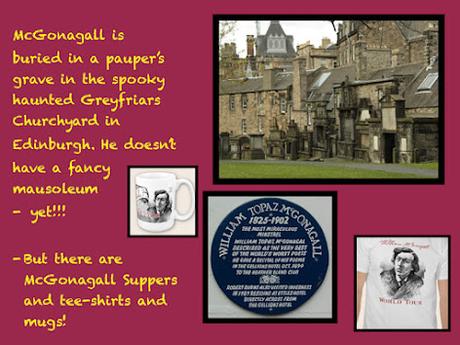 We are not amused. But were we at the time? Do jokes become unfunny? Let’s have look at Victorian times and we have to thank Skedaddle for this:‘Our understanding of Victorian humor is heavily dependent on the surviving historical record, which tends to privilege mainstream (and generally quite respectable) books and newspapers. The kind of jokes that were published in these texts were usually suitable for a family audience. In fact, many of the period's joke books took great pains to emphasize the respectability of their contents and their suitability for a domestic audience - an assurance that hints at the existence of unrespectable jokes, but gets us no closer to finding them’.Actually Skedaddle does find some but I’m not repeating them as they are very unrespectable . Here’s a respectable one:
We are not amused. But were we at the time? Do jokes become unfunny? Let’s have look at Victorian times and we have to thank Skedaddle for this:‘Our understanding of Victorian humor is heavily dependent on the surviving historical record, which tends to privilege mainstream (and generally quite respectable) books and newspapers. The kind of jokes that were published in these texts were usually suitable for a family audience. In fact, many of the period's joke books took great pains to emphasize the respectability of their contents and their suitability for a domestic audience - an assurance that hints at the existence of unrespectable jokes, but gets us no closer to finding them’.Actually Skedaddle does find some but I’m not repeating them as they are very unrespectable . Here’s a respectable one: “See here waiter, I’ve found a button in my salad”
“That’s alright sir, it’s part of the dressing!”As I’ve mentioned 1989 earlier let’s try that year’s humor. There are too many tv shows to mention but what a contrast between the last episode of Benny Hill on May 1st and the last episode of Blackadder Goes Forth on the 2nd of November. A poll has the final scene of Blackadder as the ninth most memorable moment of all time.And what about now? We, as a viewing public, as far as I can tell are not as amused by current comedy programmes as in the past. Father Ted, Morecambe and Wise, Dad’s Army etc are still being watched. Pretty much the same on the radio with Around the Horne, I’m Sorry I haven’t a Clue (still going), Hitchhiker’s Guide etc. Maybe it’s just me.As for a poem to illustrate ‘We are Not Amused ’ I’m at a bit of a loss. The only thing I can come up with is the following where the writer is not amused at the poem but we are.

The Tay Bridge Disaster by William McGonagall
Beautiful Railway Bridge of the Silv’ry Tay!
Alas! I am very sorry to say
That ninety lives have been taken away
On the last Sabbath day of 1879,
Which will be remember’d for a very long time.
‘Twas about seven o’clock at night,
And the wind it blew with all its might,
And the rain came pouring down,
And the dark clouds seem’d to frown,
And the Demon of the air seem’d to say-
“I’ll blow down the Bridge of Tay.”
When the train left Edinburgh
The passengers’ hearts were light and felt no sorrow,
But Boreas blew a terrific gale,
Which made their hearts for to quail,
And many of the passengers with fear did say-
“I hope God will send us safe across the Bridge of Tay.”
And so on...
Terry Q.
Email ThisBlogThis!Share to TwitterShare to Facebook
